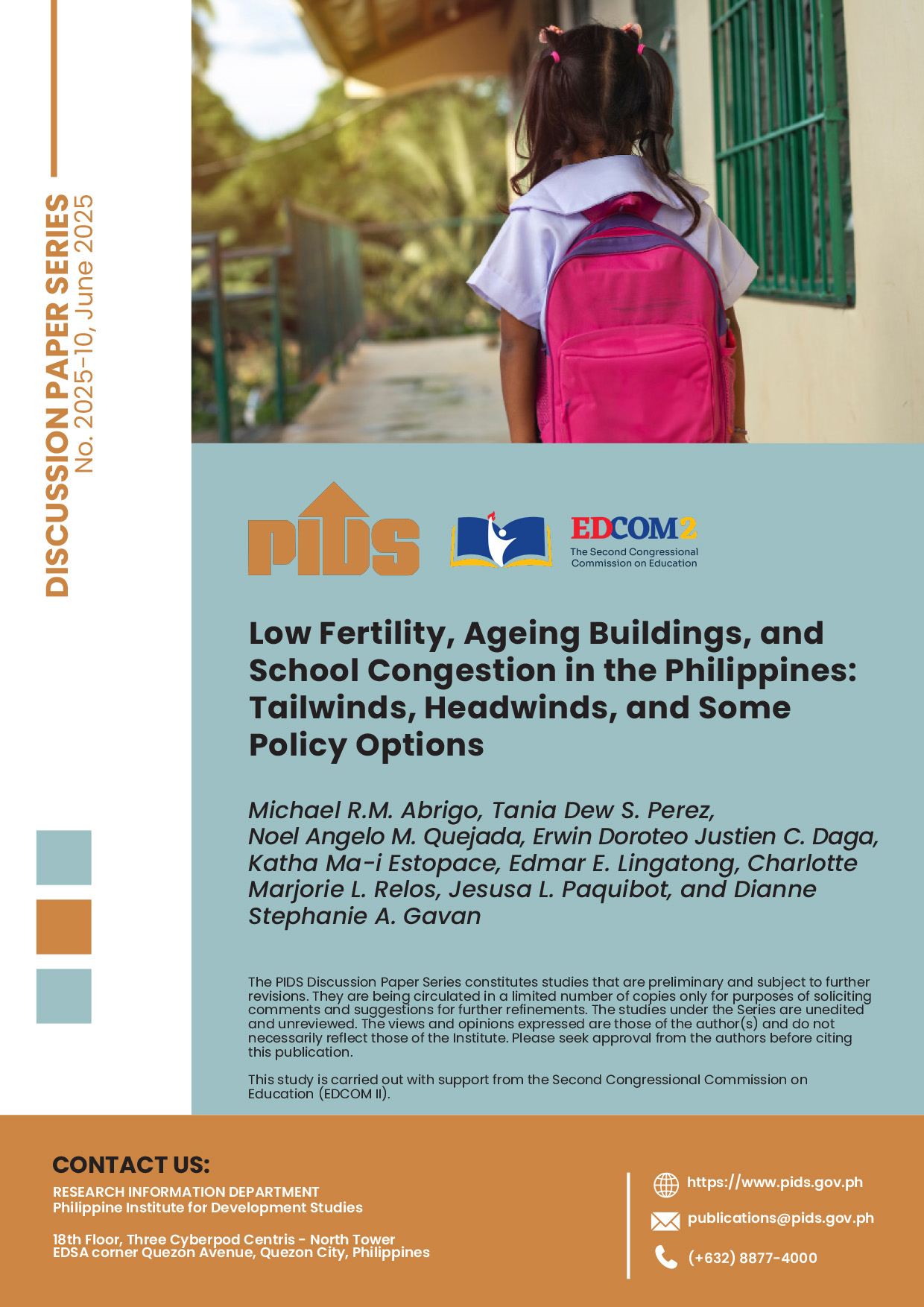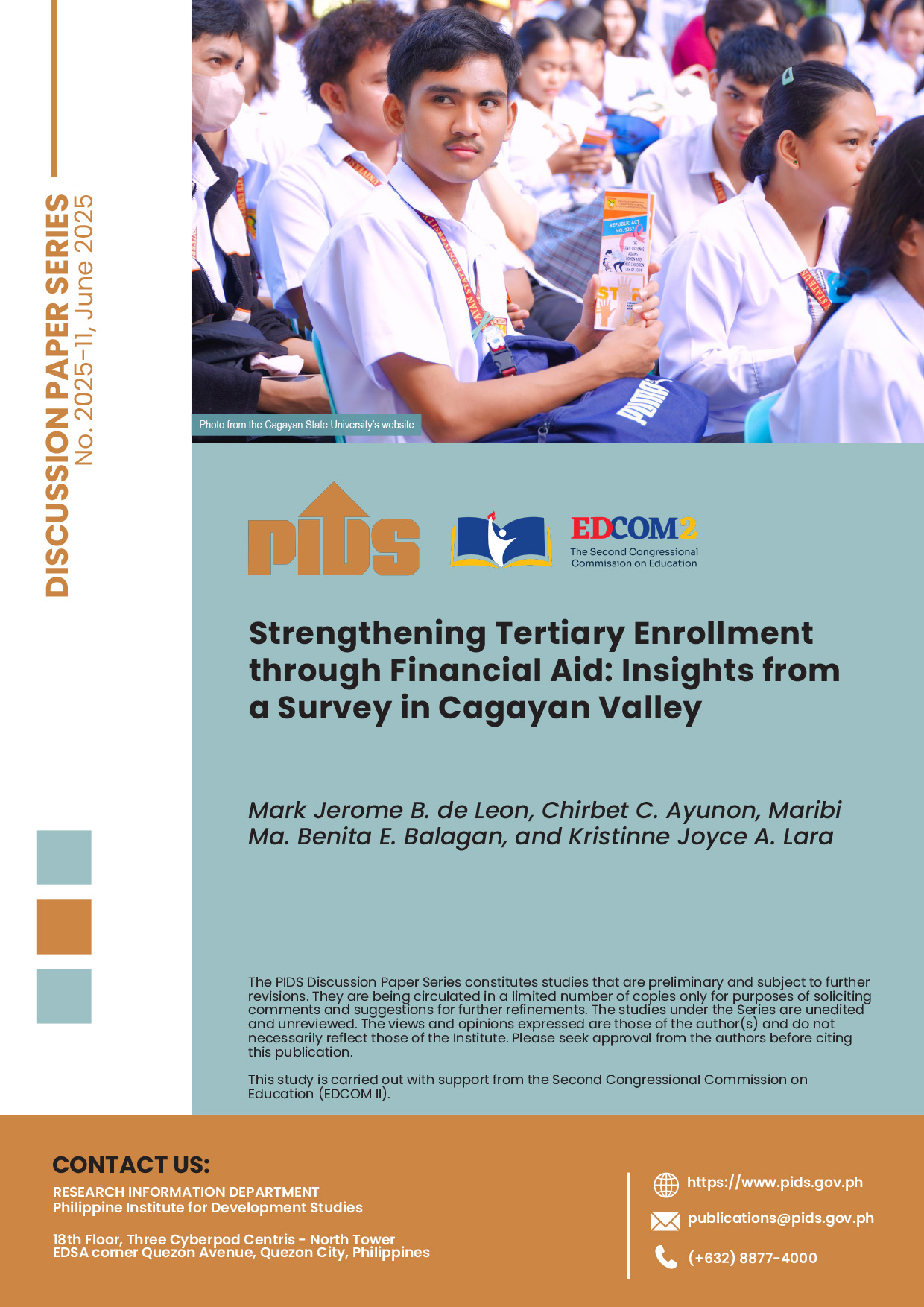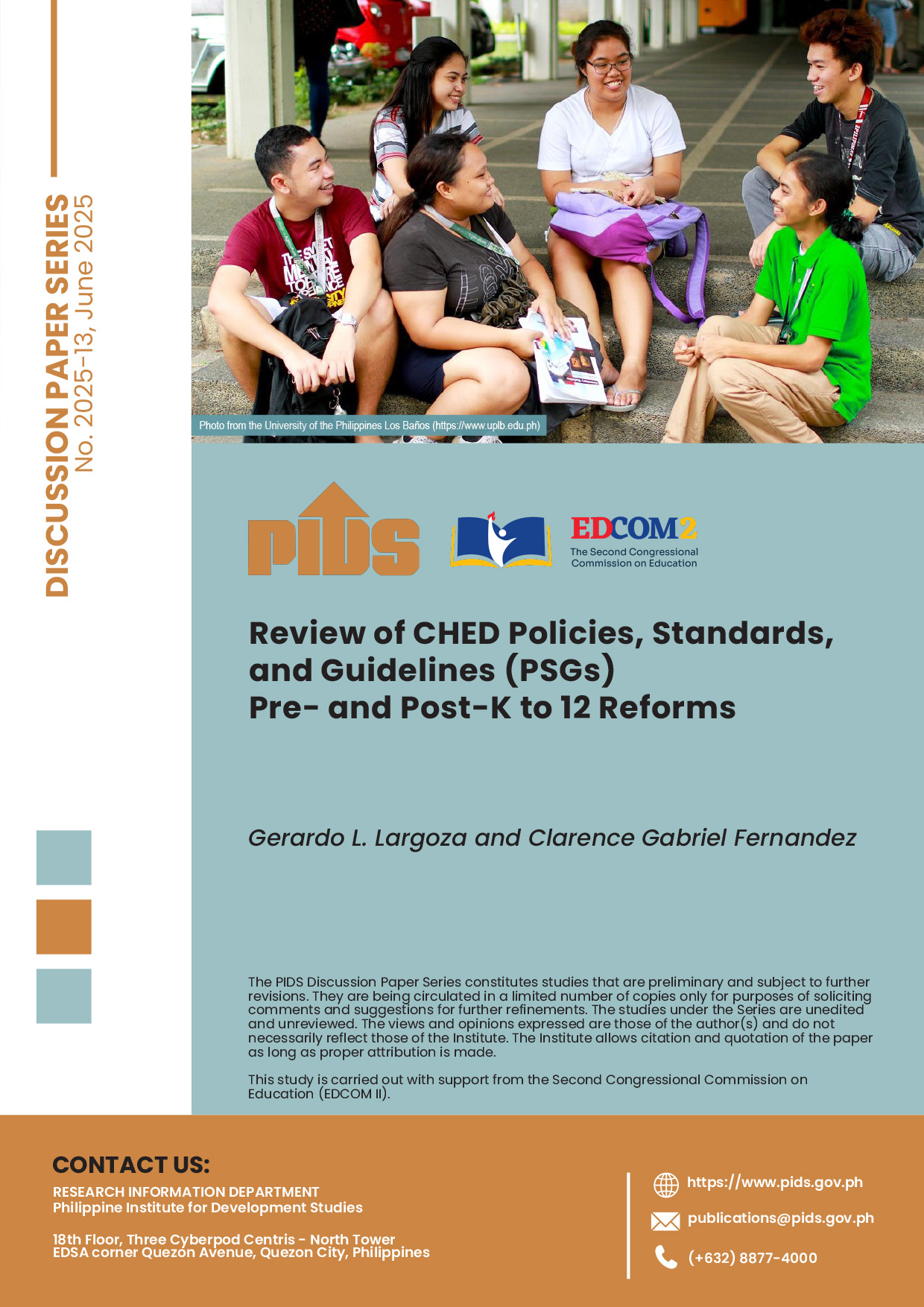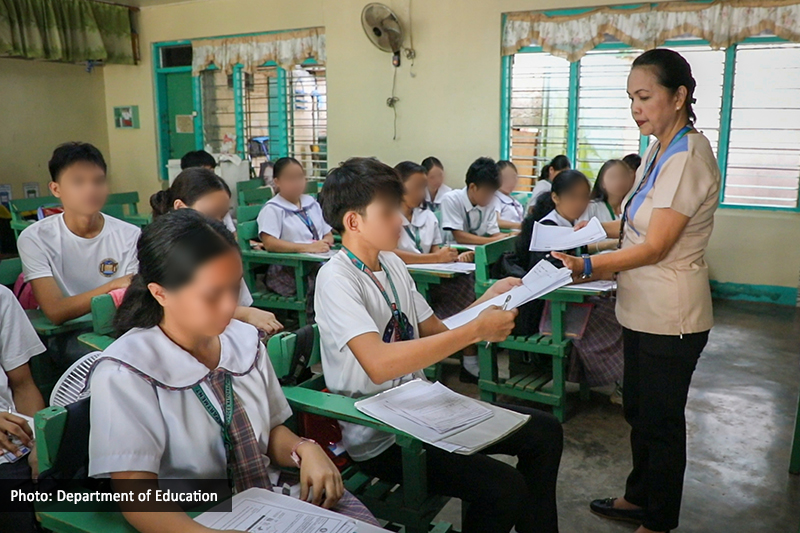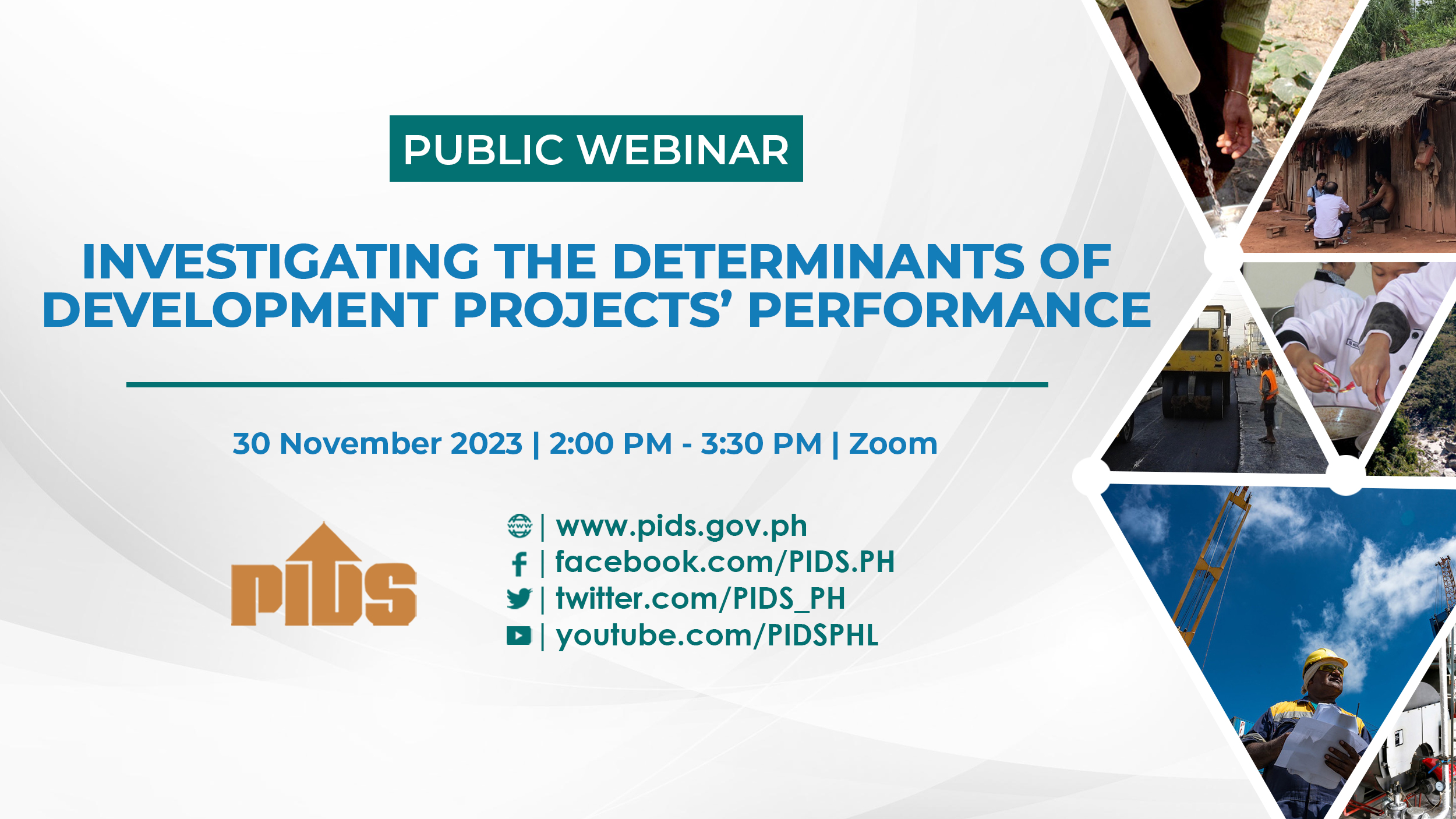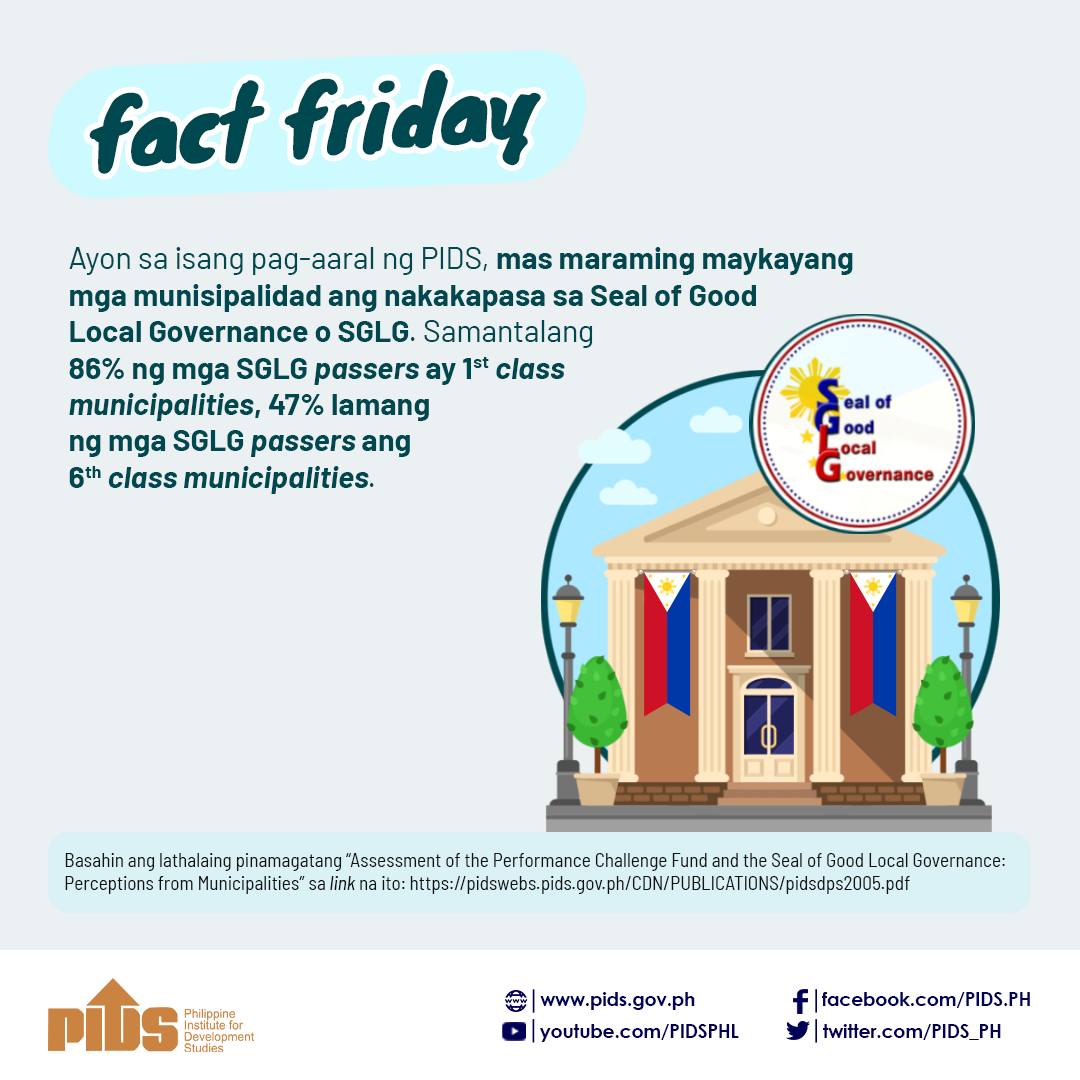Children suffering from physical bullying at home tend to lag behind in their academic performance, a recent study by the Philippine Institute for Development Studies (PIDS) revealed.
Alejandro Herrin, Office of Population Studies Foundation policy adviser at the University of San Carlos, presented the said study during the PIDS webinar on April 10, highlighting the strong link between adult-inflicted harm and students' higher risk of underperforming in school.
The research, initiated in 2018, was conducted among 5,000 Filipino students. It is anchored on the 2018 Programme for International Student Assessment results, where the Philippines placed among the lowest in Reading, Mathematics, and Science, yet ranked highest in reported cases of school bullying.
"It appears that physical bullying, especially from adults and parents, has expected negative effects on schooling outcomes," Herrin stressed.
As a result, data from the findings showed that at the age of 16, 20% of students—or one out of five children—were behind their expected grade level appropriate to their age.
The study also indicated that boys appear to be more vulnerable to the negative effects of domestic physical bullying than girls, which demonstrates a domino effect in their schooling.
According to USC Psychology professor Delia Belleza, a "true" bullying act has three core elements: "First, it must be repeated. Second, intentional. There is really the intention to hurt to embarrass. And third, it involves a power imbalance."
PIDS noted that the educational progress indicators assessed in the study are missed class days, average school grade, and overall academic performance. These markers were compared against five distinct forms of bullying, while exploring how bullying by friends or classmates, adults, and parents affect students.
Additionally, the research also revealed that some forms of bullying, particularly emotional bullying by peers, result in children's positive school performance. This showed that girls tend to exhibit resilience and "maintain better academic performance" when dealing with such.
"What we find is that the emotional hurt by friends and classmates seems to have a positive effect on track schooling," said Herrin.
However, researchers identified this result as "unexpected" and "deserve additional investigation."
Consequently, the study emphasized the need to strengthen the implementation of anti-bullying policies as provided in Republic Act 10627 or the Anti-Bullying Act of 2013 along with leveraging new mental health laws, with parents playing an important role in shaping children's mental well-being.
"We need also to look at the association between bullying and mental health since they are closely related," Herrin suggested.
Allan Benedict Bernardo, a psychology professor at the De La Salle University, also stressed during the webinar: "It is in the IRR of the Anti-bullying Act that parents should be represented in these child protection committees at every school."
Belleza, on the other hand, encouraged fostering self-development and resilience in children as a foundation for building a strong sense of identity in order to combat bullying.

